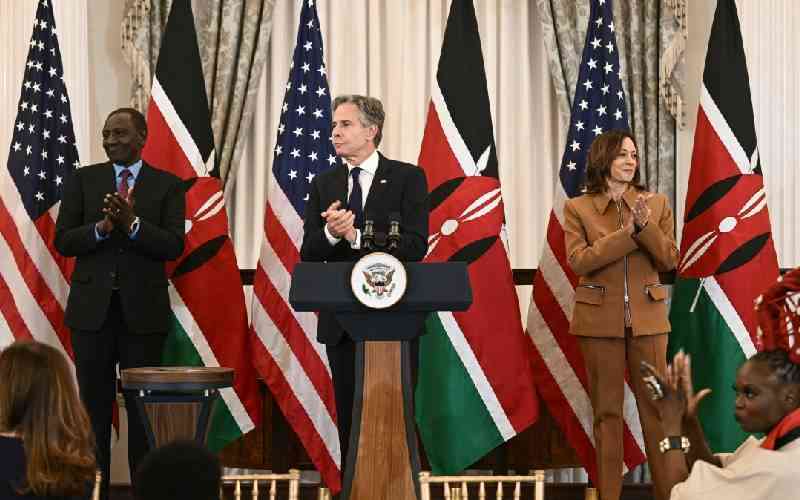RUTO's Tax Policies and Public Reaction
The situation in Kenya has sparked significant public concern due to the imposition of excessive taxes by President Ruto's administration. Kenyans are facing a multitude of taxes, impacting various aspects of their lives, from income to daily expenses. The tax burden has led to widespread dissatisfaction and protests, reflecting the public's frustration with the current taxation policies.

President Ruto's Position on Taxes
President William Ruto has defended the increased taxes, emphasizing the need for higher public service standards and a reduction in the country's debt burden. He argues that taxes are essential for the government to meet its financial obligations and reduce borrowing. Ruto's administration has faced criticism for the tax hikes, with many Kenyans expressing anger and dissatisfaction with the imposition of new taxes, especially in the context of rising living costs.

Public Reaction and Protests
The imposition of new taxes has led to deadly street protests, reflecting the widespread discontent among the populace. The public's frustration is evident in ordinary conversations, dominated by the pain of taxation. The tax burden has significantly impacted people's ability to spend on various necessities, including travel and daily expenses. The doubling of the tax on petroleum products, from 8% to 16%, is expected to have a ripple effect on the economy, leading to increased prices of goods and services.
Government Response and Withdrawal of Some Taxes
Under pressure from citizens and civil societies, President Ruto's administration has withdrawn some unpopular taxes. The government's climb-down came in response to public pressure, including mobilization through social media and street protests. Additionally, public participation has played a role in influencing the government's decisions, with efforts to curb the importation of products that can be locally produced, thus protecting local manufacturing and securing jobs.

Comparison to Historical Tax Resistance
The public's discontent with the current tax situation in Kenya reflects historical instances of tax resistance. Throughout history, tax revolts have been a means for people to express dissatisfaction with excessive taxation and its impact on their lives. The imposition of taxes has historically been a contentious issue, leading to protests and resistance in various societies.
President Ruto's tax policies have sparked significant public outcry, leading to protests and a reevaluation of some tax measures. The public's dissatisfaction with the tax burden reflects a broader historical pattern of resistance to excessive taxation.



You must be logged in to post a comment.